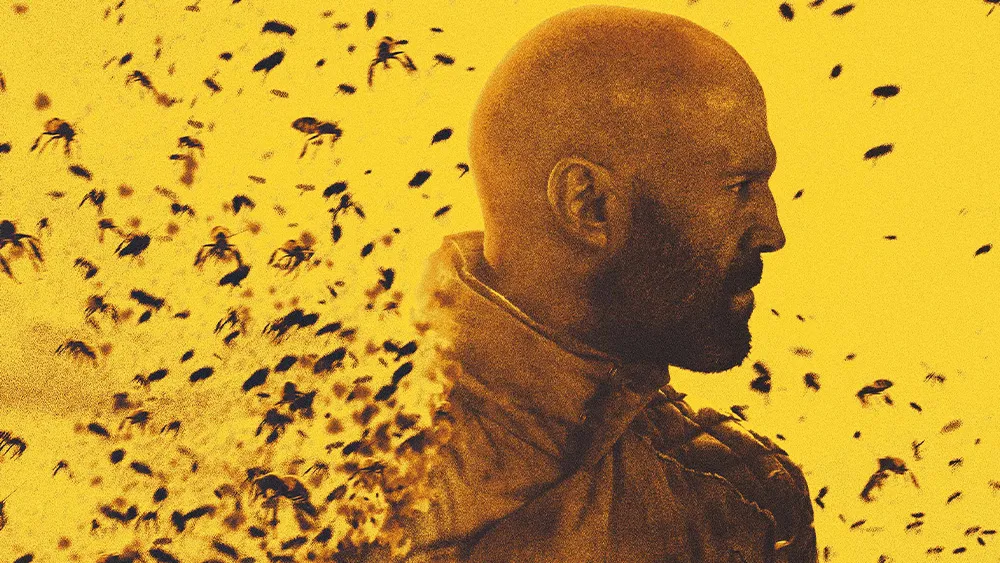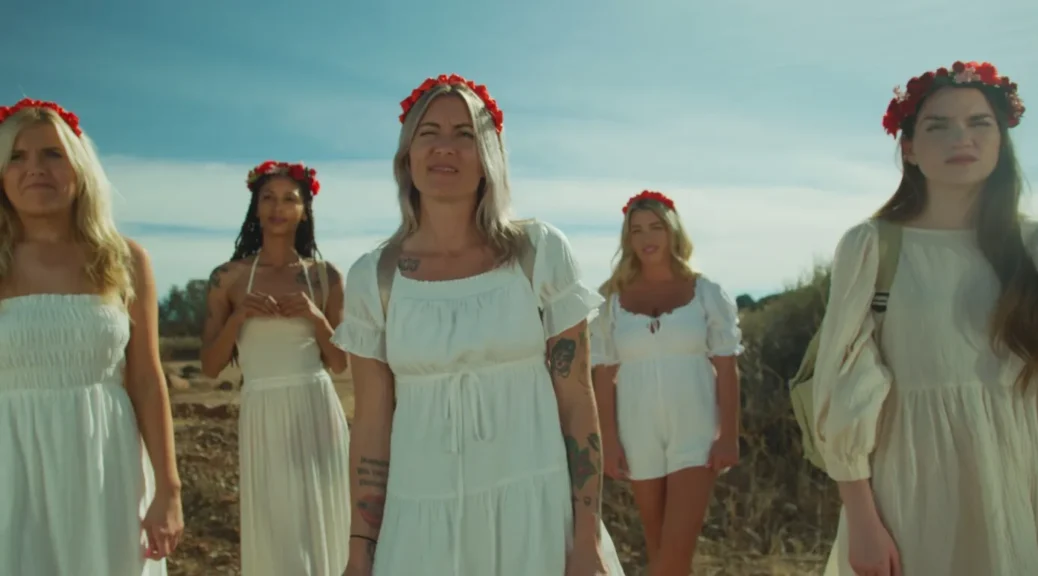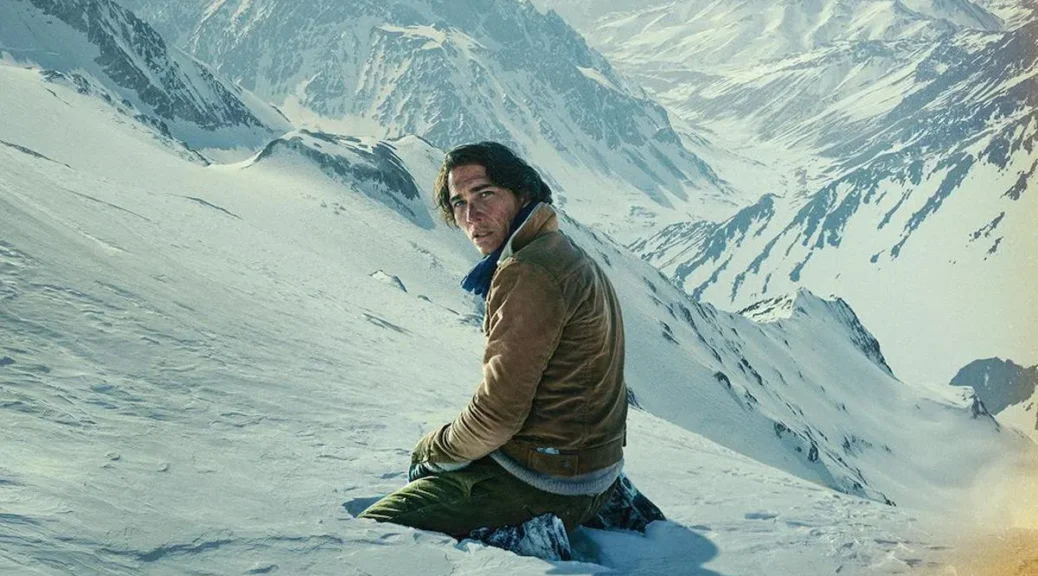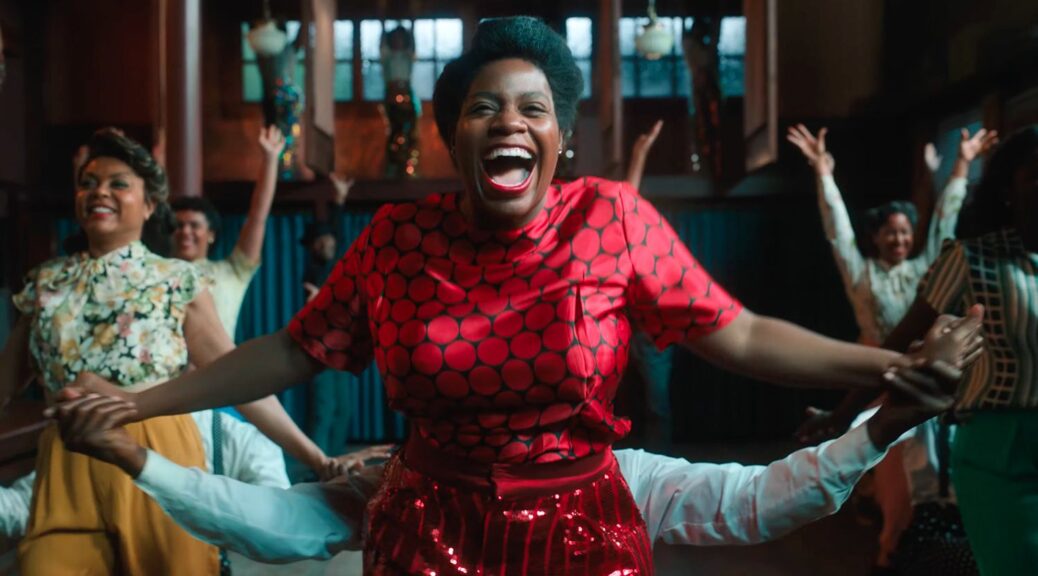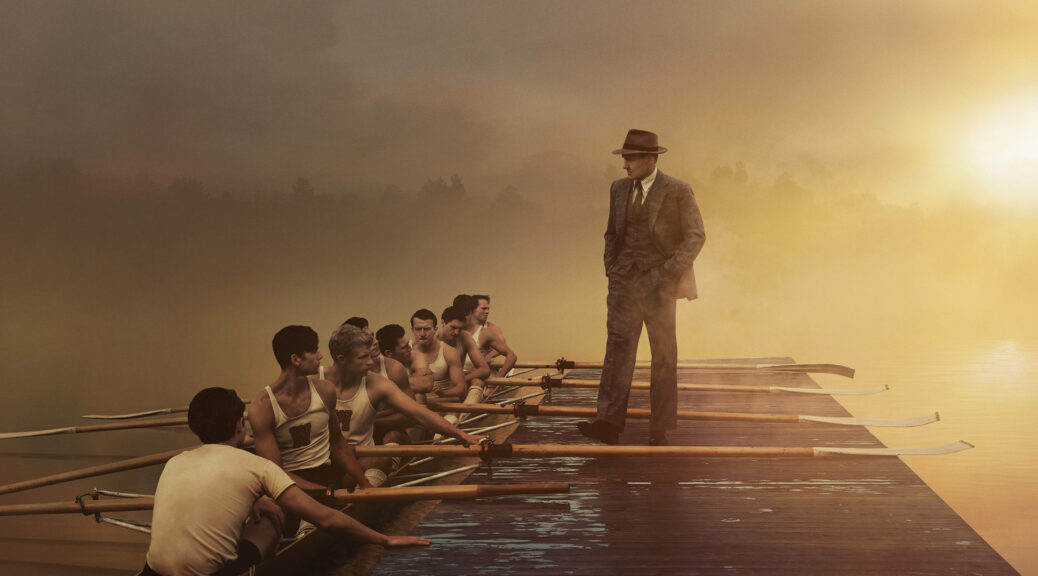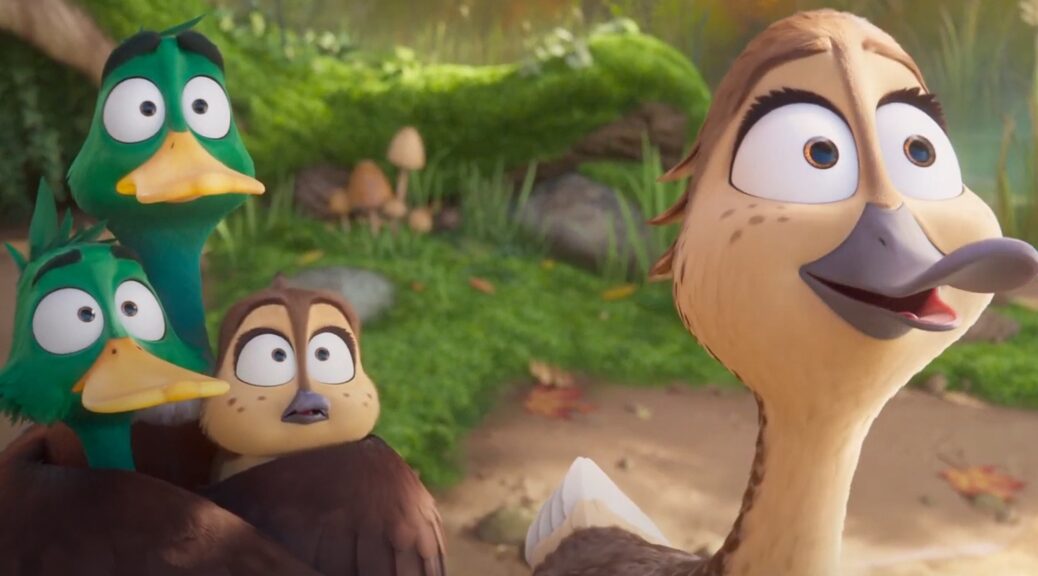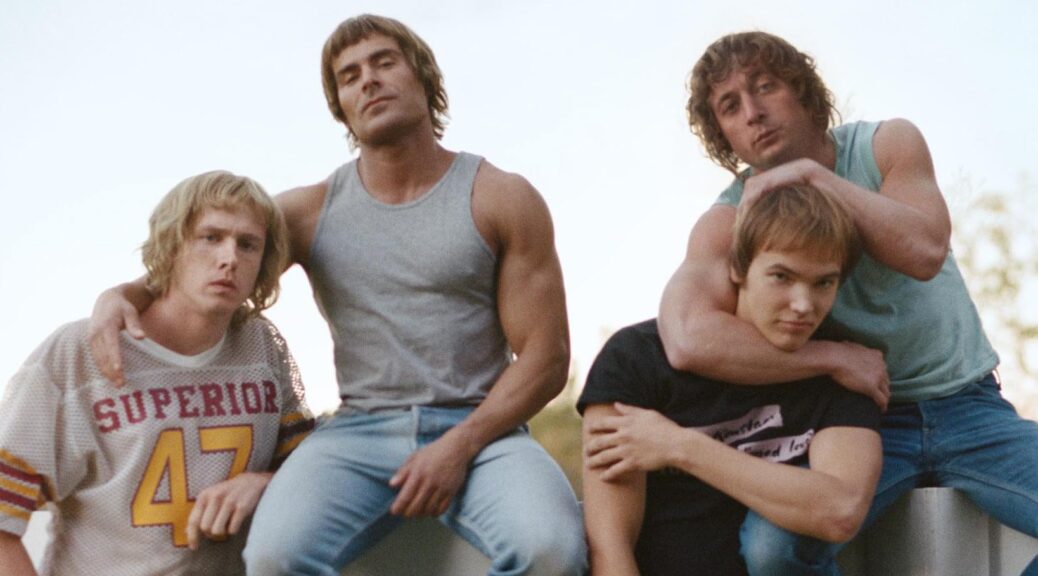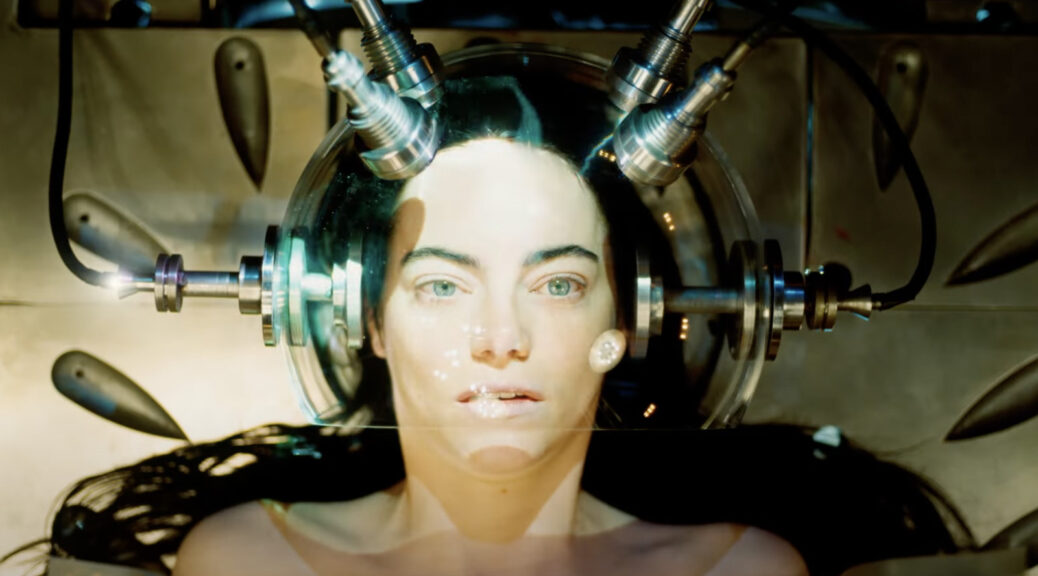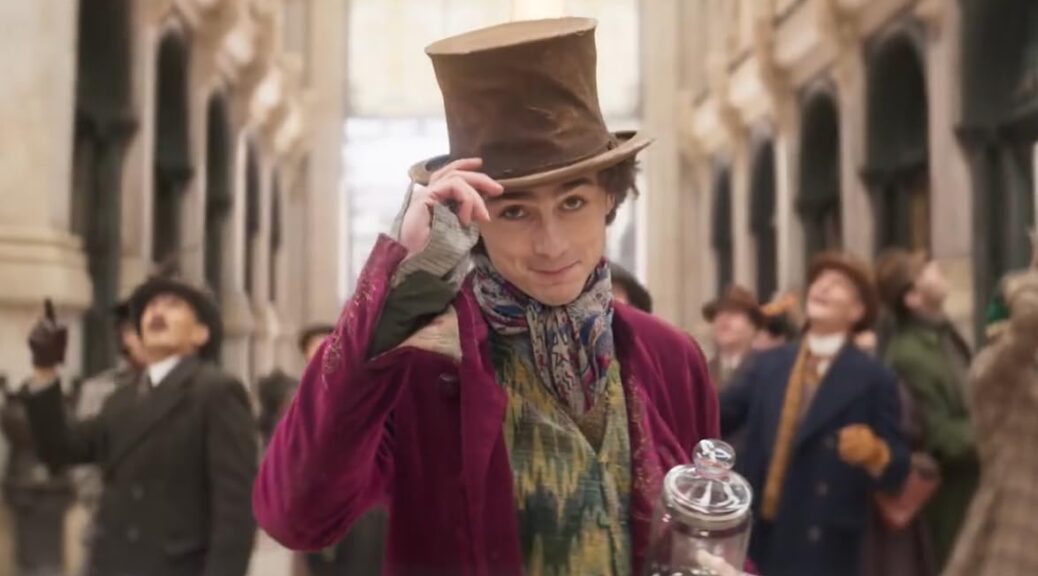The Beekeeper
by George Wolf
About two-thirds of the way through The Beekeeper, director David Ayer and star Jason Statham hit us with the film’s highlight. It’s an elevator sequence that takes an unexpectedly gory turn, then adds a clever surprise for the finishing touch.
If only the rest of the film could be this interesting.
Statham is playing his usual one man killing machine, this time named Adam Clay. He’s living a quiet and reclusive life as a beekeeper in rural Massachsetts, until a cybercrime firm scams Clay’s only friend (Phylicia Rashad) so badly she kills herself.
Clay takes very explosive, very lethal revenge.
But the phishing firm’s CEO Derek Danforth (Josh Hutcherson in hipster douchebag mode) has friends is high places, including a former CIA director (Jeremy Irons, classing up the joint). Danforth wants Clay taken out, but he soon learns that will not be so easy.
See, Clay is more than a beekeeper, he’s a former beekeeper, an elite group of enforcers who are outside the chain of command and charged only with “protecting the hive when the system is out of balance.”
Bad news for anyone standing between Clay and the scale-tipping Danforth.
Screenwriter Kurt Wimmer (Expend4bles, the Point Break and Total Recall reboots) rolls out a script that feels like a discarded idea from Denzel’s first Equalizer film. Each step closer to “the head of the snake” gets more ridiculous, all presented with a bone dry seriousness from Ayer (Fury, Suicide Squad) and Statham that screams for a little self awareness.
Instead, The Beekeeper keeps pushing toward its own misguided goal of sermonizing about corruption while celebrating vigilante vengeance. Where it lands – elevator ride aside – is strictly in plug-and-play Statham territory, another ironic reminder of why his comedic turn in Spy was such a joyous bullseye.
